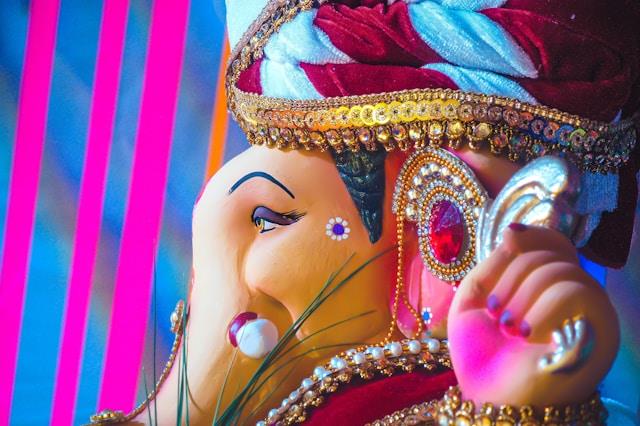Cultural Extravaganza: Festivals of India

India, the land of diversity, is renowned for its rich tapestry of culture and tradition, which is vividly showcased through its vibrant festivals. From the colorful streets of Rajasthan to the serene ghats of Varanasi, each region of India boasts a unique calendar of festivities that captivate the senses and celebrate the essence of life itself.
Diwali: Festival of Lights
Diwali, also known as the Festival of Lights, is one of India’s most widely celebrated festivals. Held annually between October and November, Diwali symbolizes the victory of light over darkness and good over evil. The streets come alive with colorful decorations, intricate rangoli designs, and the glow of countless oil lamps, creating a magical atmosphere of joy and celebration.
Holi: Festival of Colors
Holi, known as the Festival of Colors, is a riotous celebration of springtime and the triumph of good over evil. People from all walks of life come together to douse each other with brightly colored powders and water, turning the streets into a kaleidoscope of hues. Holi is a time for forgiveness, renewal, and the celebration of life’s vibrant diversity.
Navratri and Durga Puja: Goddess Worship
Navratri, a nine-night festival dedicated to the worship of the goddess Durga, is celebrated with great fervor across India. In West Bengal, Navratri culminates in Durga Puja, a grand celebration featuring elaborately crafted pandals, traditional music and dance performances, and the worship of intricately adorned idols of the goddess Durga. The air is filled with the sound of drums and the scent of incense as devotees come together to seek blessings and celebrate the divine feminine.
Eid-ul-Fitr and Eid-ul-Adha: Islamic Festivals
Eid-ul-Fitr and Eid-ul-Adha are two of the most important festivals in Islam, celebrated by Muslims across India and around the world. Eid-ul-Fitr marks the end of Ramadan, the holy month of fasting, with feasts, prayers, and acts of charity. Eid-ul-Adha, also known as the Festival of Sacrifice, commemorates Ibrahim’s willingness to sacrifice his son as an act of obedience to God. Families gather to share meals, exchange gifts, and offer prayers at mosques, fostering a sense of community and unity.
Pongal: Harvest Festival of South India
Pongal, celebrated primarily in the southern state of Tamil Nadu, is a harvest festival that pays homage to the sun god and the bounty of the land. Traditionally held in mid-January, Pongal is a time for giving thanks and expressing gratitude for the blessings of the harvest season. Homes are adorned with colorful kolam designs, and delicious dishes like sweet pongal and savory vadai are prepared and shared with loved ones.
Conclusion: A Tapestry of Tradition
As we journey through the kaleidoscope of Indian festivals, we are reminded of the beauty of diversity and the power of tradition to unite communities and transcend boundaries. Whether it’s the vibrant colors of Holi, the luminous glow of Diwali, or the rhythmic beats of Navratri, each festival offers a unique window into the soul of India, inviting travelers to immerse themselves in its rich cultural tapestry and create memories that last a lifetime.

 Never miss a story from us, subscribe to our newsletter
Never miss a story from us, subscribe to our newsletter